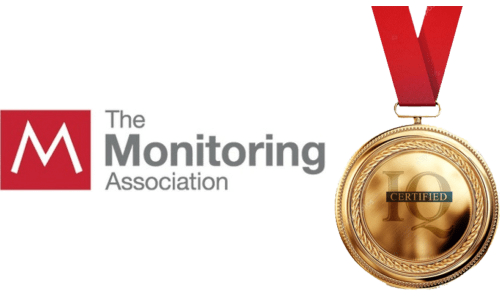
2.19.20 – SSI – McLEAN, Va.
The program was initially developed by the Electronic Security Association’s False Alarm Committee as a means to reduce the occurrence of nuisance alarms.
The Monitoring Association (TMA) has acquired and assumed control of the Installation Quality Certification Program, known as “IQ Certification,” which is said to be the only quality control program for installations, maintenance and service of electronic security systems.
The program was initially developed by the Electronic Security Association’s False Alarm Committee as a means to reduce the occurrence of false alarms. IQ Certification has been broadly endorsed by industry associations including CANASA, ESA, False Alarm Reduction Association (FARA), Security Industry Alarm Coalition (SIAC), Security Industry Association (SIA) and TMA.
“Systems designed properly, with the proper equipment, installed properly, by trained technicians, monitored properly, and operated by properly trained users typically operate without fault or failure for years and reduce false alarms,” states TMA President Don Young. “The IQ program requirements are in direct alignment with TMA’s mission of advancement and commitment to excellence. It is a valuable addition to our program portfolio.”
The IQ Certification Guidelines provided installing security contractors a foundation upon which companies established best practices for their operations, says Amherst Alarm President and CEO Tim Creenan.
“These guidelines have helped us create and grow a business that provides systems that consumers can trust because of the demonstrated low dispatch rates,” he continues. “The program has also created a large competitive advantage for us. Our sales team uses the IQ Certification to differentiate our company from the competition. It is a wise investment for any security systems company to invest in quality.”
To be IQ Certified, companies pledge to adhere to a stringent code of ethics and to provide top-notch maintenance and service. Employees must be trained in industry-recognized programs, meet all licensing requirements, and carry proper insurance coverage. Most importantly, companies must demonstrate that they are meeting these requirements annually in order to be re-certified.
